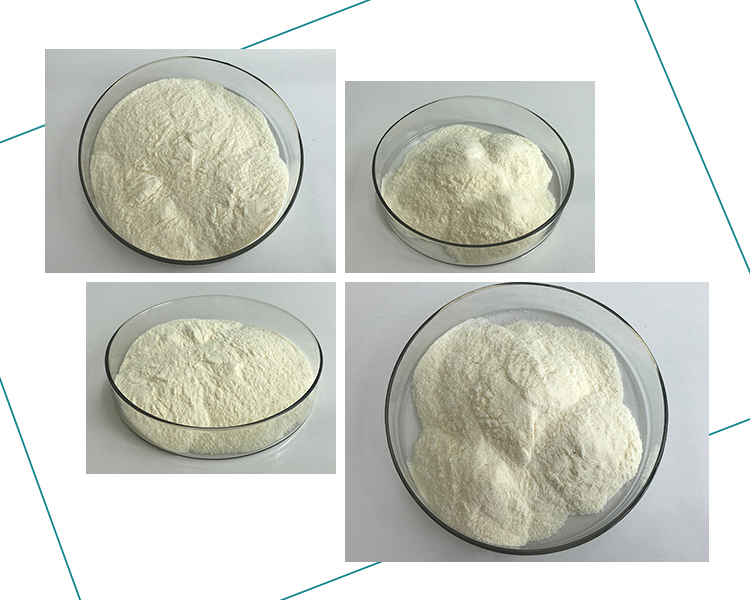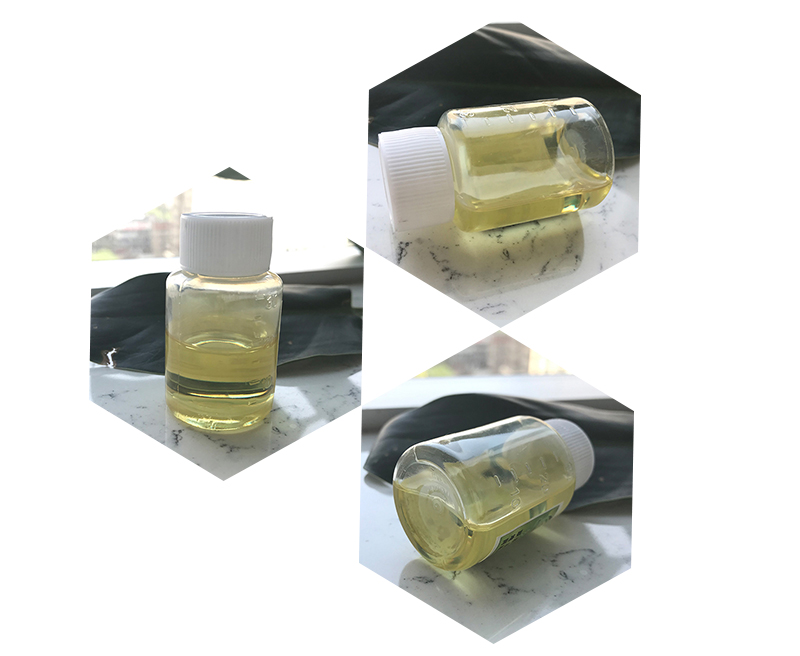Arachidonic Acid is an essential omega-6 polyunsaturated fatty acid (PUFA) that plays a crucial role in the human body. It is obtained through the diet from various sources, such as meat, eggs, and certain plant oils. Additionally, the body can also synthesize it from linoleic acid, another essential fatty acid.

Functions of Arachidonic Acid:
1.Cell Membrane Structure: Arachidonic Acid is an important component of cell membranes, contributing to their integrity and fluidity.
2.Eicosanoid Production: One of the significant functions of Arachidonic Acid is its role in the synthesis of eicosanoids, which are signaling molecules involved in regulating inflammation, immune response, and various other physiological processes. Eicosanoids are produced through the enzymatic conversion of Arachidonic Acid by cyclooxygenases (COX) and lipoxygenases (LOX).
- Prostaglandins: These are involved in inflammation, blood clotting, and regulation of blood pressure.
- Thromboxanes: These promote platelet aggregation and blood clot formation.
- Leukotrienes: These are involved in inflammation and allergic responses.
3.Inflammation and Immune Response: Arachidonic acid-derived eicosanoids play a dual role in inflammation – they can promote inflammation in response to injury or infection, but they also help in resolving inflammation and restoring tissue health.
4.Brain Function: Arachidonic Acid is important for brain function and neural development, especially during fetal and early childhood stages.

Health Implications and Controversies:
The role of Arachidonic Acid in the body has been extensively studied, and it is generally considered essential for various physiological processes. However, some controversies exist regarding its overall health implications, particularly in relation to inflammation and chronic diseases.
1.Inflammation and Chronic Diseases: While Arachidonic acid-derived eicosanoids are important for inflammation, excessive production of pro-inflammatory eicosanoids has been associated with chronic inflammatory diseases such as rheumatoid arthritis. Some researchers believe that reducing dietary Arachidonic Acid intake might help manage inflammation in certain conditions.
2.Dietary Considerations: The Western diet is often rich in Arachidonic Acid due to high consumption of red meat and processed foods. Some studies have suggested that excessive dietary intake of Arachidonic Acid, combined with an imbalanced omega-6 to omega-3 fatty acid ratio, might contribute to chronic diseases like cardiovascular disease. Therefore, maintaining a balanced ratio of omega-6 to omega-3 fatty acids in the diet is considered important for overall health.
3.Supplements: Arachidonic Acid supplements are available on the market, primarily marketed to bodybuilders and athletes. However, their safety and efficacy are not well-established, and excessive intake may have negative effects, including increased inflammation.

It’s important to note that individual responses to Arachidonic Acid intake may vary, and more research is needed to fully understand its implications on health and its potential therapeutic applications.
As with any nutritional topic, it’s advisable to consult with a qualified healthcare professional or registered dietitian to determine the appropriate dietary approach for your specific health needs and goals.
